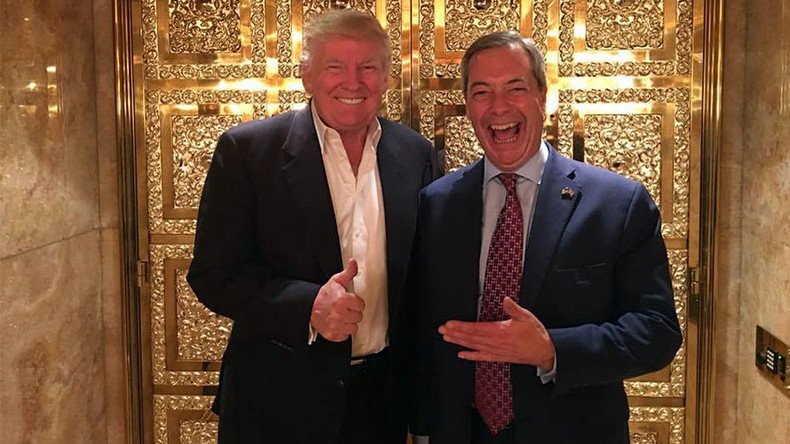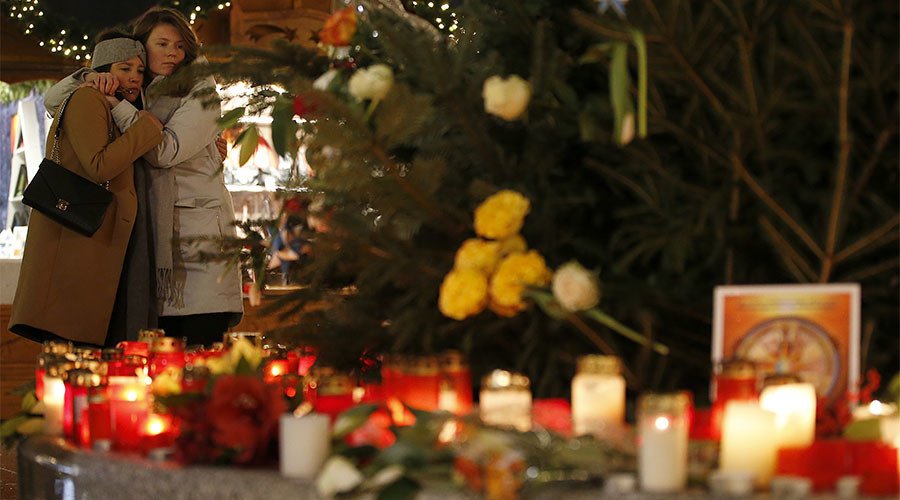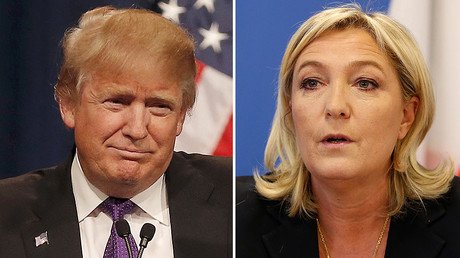Rise of Europe’s populist right, Trump’s election threatens human rights – report

The election of Donald Trump and the rise of right-wing or populist parties in Europe is contributing to a dangerous attack on human rights values, Human Rights Watch warns in a new report.
Executive Director of HRW Kenneth Roth states in the report: “Donald Trump’s election as US president after a campaign fomenting hatred and intolerance, and the rising influence of political parties in Europe that reject universal rights, have put the post war human rights system at risk.”
Trump’s cabinet nominees and senior appointments include people with far-right sympathies, such as Breitbart News founder Steve Bannon, Trump’s chief political strategist.
Visits by prominent pro-Brexit campaigner and former UKIP Leader Nigel Farage and France’s Front National Leader Marine Le Pen to Trump Tower in New York have also stoked fears of a Euro-American far-right alliance, with parties in many EU countries seeing support rise.
Far-right parties have seen recent election gains across a host of EU countries, notably Austria, Sweden, Germany, Denmark, Hungary, Finland and Poland.
This rise, often characterized by a populist leader such as Farage, Le Pen, Geert Wilders of the Dutch People’s Party or Norbert Hofer of the Austrian Freedom Party, are also worrying trends, the HRW report notes.
Roth offers some explanation for the upsurge: “Throughout the European continent, officials and politicians hark back to distant, even fanciful, times of perceived national ethnic purity, despite established immigrant communities whose integration as productive members of society is undermined by this hostility.”
Norway appeals #Breivik ‘inhuman treatment’ ruling: How does his prison regime compare?https://t.co/ZSHm6EAG14
— RT (@RT_com) 12 January 2017
The refugee crisis is also highlighted a source of tension within EU borders. For example, in 2015 Germany saw the arrival of 890,000 asylum seekers and migrants. This, coupled with a number of terrorist attacks, has been used by far-right groups as justification for rising violence against asylum seekers, with federal authorities reporting “more than 850 such attacks between January and mid-November 2016.”

“The ongoing refugee crisis and attacks by armed extremists in Belgium, France, and Germany reinforced xenophobic, Islamophobic and anti-immigrant sentiment, manifest in attacks on Muslims, migrants, and those perceived as foreigners and support for populist anti-immigration parties in many EU states,” Roth concludes.














